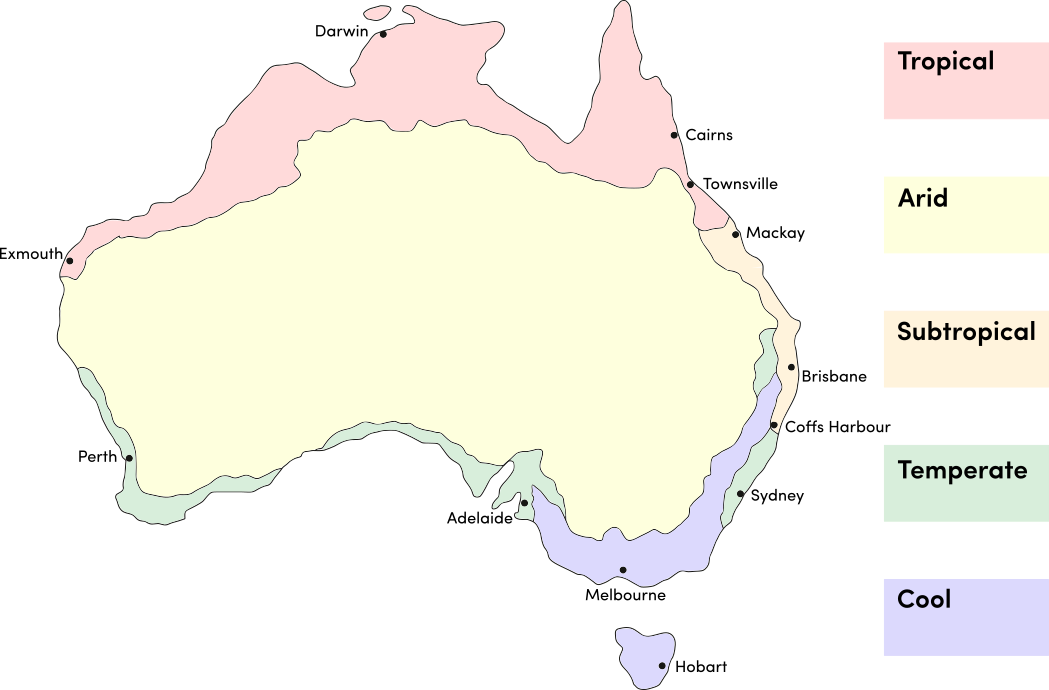The addition of organic material to the soil has the following benefits:
- Improves soil structure.
- Improves water-holding ability.
- Increases soil-life, making more nutrients available to plants.
At least 50% of household waste can become food for the soil.
The following waste materials from in an around our homes can be used to improve our soil:
- Uncooked fruit and vegetable scraps. Keep a bucket under the kitchen sink.
- Lawn clippings
- Lawn clippings
- Floor sweepings and the dust from the vacuum cleaner
- Old hessian or jute sacks
- Egg shells (crushed)
- Egg cartons (also good for growing seedlings)
- Old coir door mats (coconut fibre)
- Hair and feathers
- Old linen, cotton or wool clothes (cut up roughly first)
- Trimmings from the garden
- Used tea bags (remove the strings and tags first)
- Dead flowers
- Grass, weeds, etc
- Old plants
- Manure/litter from chooks, rabbits and guinea pigs
- Cow manure, stable manure, pigeon manure
- Shredded paper or old newspaper/phone books torn up and soaked in water
- Cardboard made from wood
- Bones
- Old leather
- Natural fibre rags
- Burnt sticks, wood ash, sot
- Sawdust
- Leaves
- Coffee grounds
- Seaweed
- Fish waste
- Hoofs and horns
- Blood and bone




Can it rot? Bury it!
A good guide to go by: Was it once alive? Can it rot? If the answer to both is yes then it can be food for the soil.
These items will not feed the soil:
Sort them into recycle or garbage bins
- Plasticised cartons
- Plastic or glass bottles
- Old tins
- Soft drink or beer cans
- Old batteries
- Broken china
- Old scrap metal
- Plastic/foam meat or vegetable trays
- Old footware made from plastic, vinyl, etc. (Shoes made from all leather will rot if buried)
Check with your local council's garbage and recycling list for what can be recycled and what can't.




Other sources of food for the soil:
- Waste from your local fruit shop. This will generally have a high water content; a bonus! This waste can be ‘processed’ by chooks first, if you have them.
- Horse manure. You may know someone who keeps a horse or has stables. Stable manure will have the added bonus of chaff or straw, and nitrogen from the urine
- Lawn clippings/leaves, etc. You could get these from neighbours or someone in your area that mows lawns or does gardening.
- Spoilt or damaged bales of hay from your local grain & produce store, even the loose bits raked up and bagged.
- Shredded paper from offices, etc. Collect only non-glossy, plain white paper
- Pine needles. Usually thick under old pine trees and generally yours for the asking.
- Council dumps. Most local councils have mulched, green waste that you may be able to help yourself to. Check first
- Wood shavings and sawdust from a timber mill or joinery. Do not use sawdust or shavings from chemically treated timber.
- Cow manure. Often available from stockyards and milking sheds. Ask the property owner.
- Sheep manure. Accumulates in yards or under shearing sheds. Ask the property owner.
- Poultry manure. From your own chooks, a neighbour or a friend. Also available from egg or meat chicken farms.
- Seaweed. Fantastic stuff! High in nutrients. If you live near a beach you may be able to collect seaweed that has been washed up on the beach. Not likely to be allowed on coastal beaches but often raked up by councils on lake or estuary beaches prior to the summer season. Always check with the responsible authority first.
Not all of these sources will be available to you but if you look around you and think about what places process or have organic wastes as a by-product you will be surprised at how much is available.
If we use a good variety of materials from diverse origins we will build a balanced soil, through the addition of this material, with little likelihood of nutrient deficiency.
What do we do with all this material?
That all depends on what sort of garden you are going to have. The traditional thing to do would be to build a compost heap and decompose it that way. The easier way is to incorporate it into your soil or growing medium and let it decompose as you are growing things.





